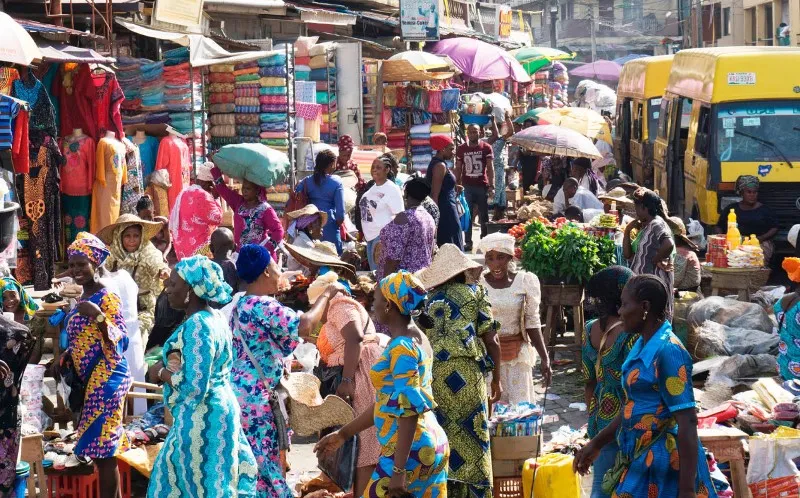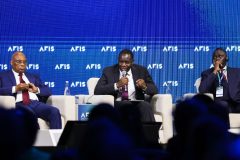The June 2023 edition of the Nigeria Development Update (NDU) by the World Bank contained key macro-fiscal policy recommendations for the Nigerian economy.
Since he assumed office, President Bola Tinubu has implemented several reforms including the removal of fuel subsidies and the unification of the foreign exchange rate, albeit with far-reaching effects on the Nigerian economy. In the June 2023 edition of the Nigeria Development Update (NDU) [pdf], the World Bank said these reforms are crucial measures to begin to rebuild fiscal space and restore macroeconomic stability. The report also highlighted key macro-fiscal policy recommendations to help rejig Nigeria’s economic growth in the second half of the year.
Following the subsidy removal, the Nigerian government is projected to achieve fiscal savings of approximately N2 trillion in 2023, equivalent to 0.9% of GDP, according to the report. These savings are expected to reach over N11 trillion by the end of 2025. But the policy has led to higher fuel prices and attendant hardship for citizens. To this end, the World Bank recommended that the government provide immediate cash compensation to Nigerian households to cushion the price impact of the subsidy reforms. Earlier this month, President Tinubu asked the National Assembly to approve N500 billion for palliatives.
To build on the PMS reform and rebuild fiscal space, the World Bank recommended the removal of tax exemptions on petrol products: simply put, Nigeria should start charging taxes on petrol. Also on taxation, the World Bank advised an improvement in tax administration to “ensure the collection of the newly introduced excises on telecommunication, single-use plastics, and high-polluting vehicles” and a data-driven approach to tax audit. After a series of recently announced tax policies, President Tinubu this month set up a committee on fiscal policy and tax reforms headed by Taiwo Oyedele, a former Fiscal Policy Partner and Africa Tax Leader at PwC.
To sustain and deepen FX policy reform, the World Bank recommended the removal of the restrictions for the list of 43 items. Despite collapsing all forex windows into the Investors & Exporters (I&E) window last month, the CBN had insisted that importers and exporters can’t get FX from official windows for these 43 items. Experts have said the ban negates the idea of the unification of the exchange rates and creates a demand for the parallel market. As journalist, Mayowa Tijani put it in this article, “If CBN and President Bola Tinubu are really serious about unification, the 43 items situation needs to go”.
In the NDU report, the World Bank also harped on the need for active communication and clarity about the “clarity about the new FX policy with the focus on a unified, market-reflective, transparently-determined rate”. The acting CBN governor yesterday said the apex bank is encouraging the FX market to be efficient as it looks to ease the demand for FX.
Nigeria’s headline inflation hit a seven-year high of 22.79% in June, driven by a rise in the prices of food. Yesterday, Nigeria’s Central Bank raised the benchmark lending rate to 18.75%, extending its months-long fight against rising inflation. In the NDU report, the World Bank urged the CBN to continue reducing its subsidised lending to medium and large firms and end government borrowing. Two days before the start of Bola Tinubu’s Presidency, the Nigerian Senate raised the federal government’s threshold for borrowing money from the CBN from 5% to 15%, raising concerns over rising debt. The Buhari administration, for instance, borrowed a record N22.7 trillion from the CBN. While it remains to be seen if the Tinubu government will do the same, chances are the history of government lending will most likely be retained.




















